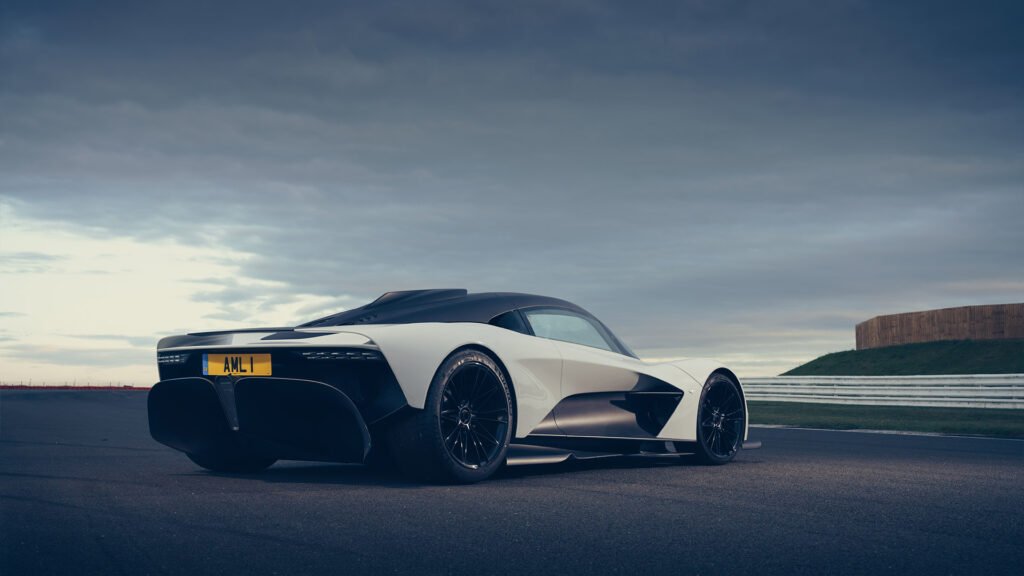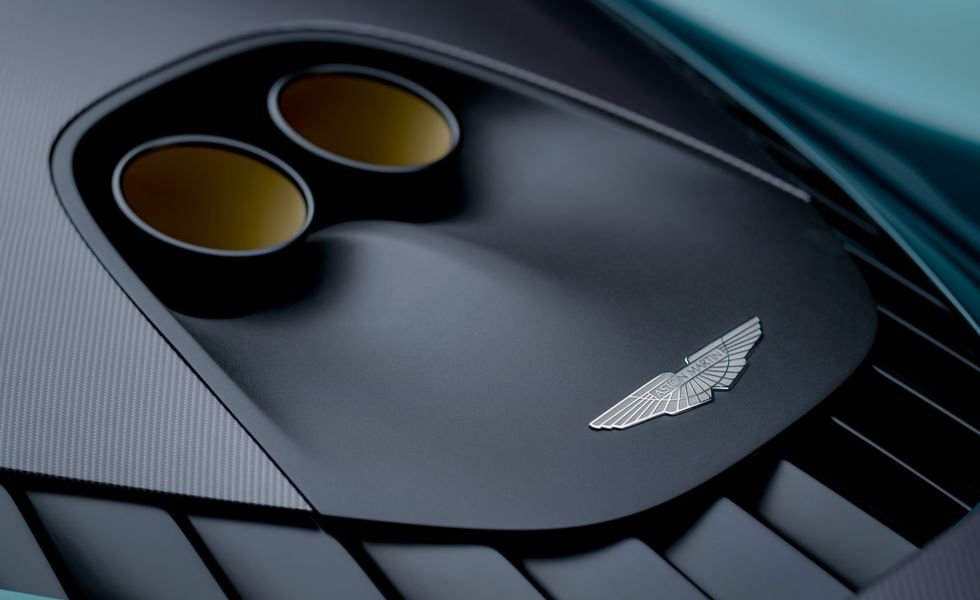Lawrence Stroll, Executive chairman Aston Martin responds to customer cravings for the "sounds and smells" of sports cars, shuffling plans for a full electric lineup by 2030.

Aston Martin is doing a U-turn on its road to an all-electric fleet by 2030, with executive chairman Lawrence Stroll outlining the company’s intention to keep internal-combustion engines roaring long into the 2030s.
Stroll argues that Aston Martin’s clients have a strong desire for the tactile sensation of traditional sports vehicles, which explains the strategic shift.
As the adoption of electric vehicles slows, some automakers are reconsidering their once-ambitious electrification plans. In an exclusive interview with Autocar, Lawrence Stroll said that Aston Martin has now joined this movement.
Think back to April 2022, when Aston Martin boldly declared 2030 as the timeframe for new cars with internal combustion engines. Plans were on to showcase the company’s first EV by 2025, followed by a plug-in hybrid in 2024. Fast forward to present, and Stroll reveals that the arrival of their first electric car has been put out to 2027.
“We had our sights set on a late 2025 launch, fully prepared and geared up. However, the electric vehicle hype, whether politically driven or otherwise, has not quite matched consumer appetite, especially at the Aston Martin price tier,”
Stroll shared with Autocar.
All Set for Plug-In Prowess

In lieu of their electric ideas, Aston Martin has developed a modular EV platform that can accommodate four different types of electric vehicles: a grand tourer, an SUV, a crossover, and a mid-engined supercar. Although Stroll and the Aston Martin team remain tight-lipped on the identity of the inaugural EV, all clues point to an electrified Aston SUV hitting the stage before a sports car.
The brand is now focusing on plug-in hybrid innovation. This plan acts as a bridge to complete electrification, with the 998-horsepower Valhalla serving as the first hybrid option. Powered by an AMG-derived twin-turbo 4.0-liter V-8 and a pair of electric motors, Stroll insists on providing the treasured “sounds and smells” that identify Aston Martin’s sports vehicles.
Autocar reports that Aston Martin’s hybrid technology will rely significantly on Mercedes-AMG’s V-8 and V-12 engines. Stroll underlines that at their pricing range, people are moving away from V-6 engines.
The attraction of V-8 and V-12 beasts is exciting, but how long can Aston Martin ride this wave? “We’ll continue to build ICE vehicles as long as we’re permitted.
“The demand, even if niche, will continue,”
Stroll said hopefully. He sees no evidence of dwindling interest for plug-in hybrids.
Check out other content here at Car Talk Blog
